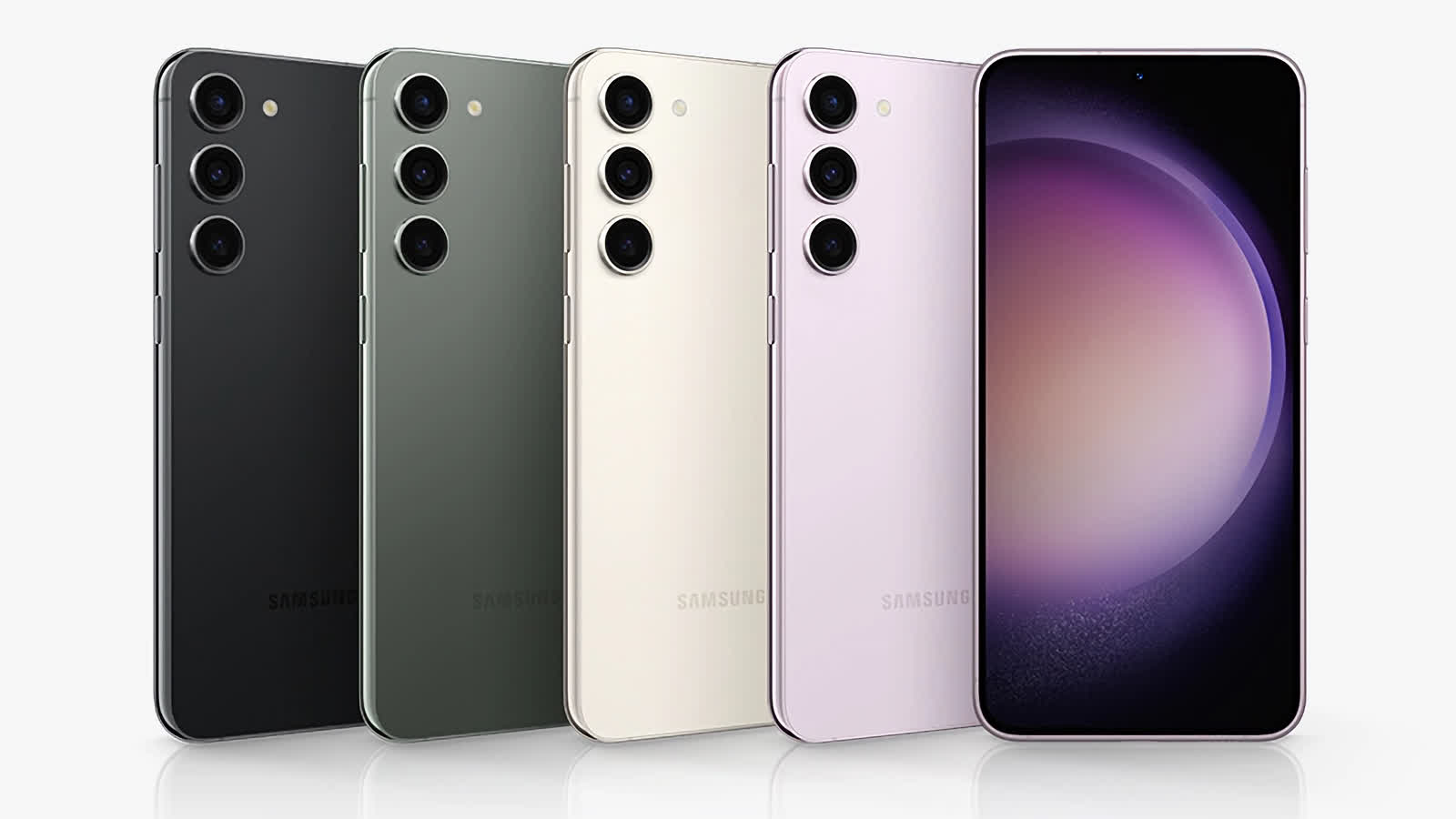Why it matters: Regulators worldwide have recently sharpened criticism of Google and Apple for their strict controls over mobile software distribution. Unlike Apple, Google technically allows third-party app stores on its Android operating system, but with disadvantages compared to the official Google Play store. Android 14 looks to remove some of those drawbacks.
According to XDA Developers, code in the Android 14 developer preview indicates the OS will make third-party app stores work more smoothly. The changes involve how alternate app stores install and update software.
Apps from outside the Google Play store or other pre-installed app stores gained the ability to passively install background updates with Android 12, but couldn't check when to safely update. For example, they couldn't easily tell whether someone was currently using an app, thus making background updates run the risk of interrupting users. This likely made automatic updates difficult-to-impossible for software from third-party distributors.
A new API in Android 14 lets Google's system check whether an app is in the foreground, on-screen, interacting with users, whether a user is on a phone call, or whether the device is in sleep mode. Developers could previously add such checks, but the OS update makes things easier by letting the system handle everything.

Another Android 14 change can stop pre-installed app stores from automatically updating apps from third-party stores. When users enable "Update Ownership" upon first installing software from an outside source, it disallows the Google Play store or another first-party store from updating that app without the user's permission. Furthermore, third-party app stores in Android 14 can ask users for permission before automatically updating apps, which could make certain apps safer.
Changes to how alternate app stores update can make them more viable. The new features could be in response to increased regulatory pressure to make mobile platforms more open.
Governments in Europe, North America, and South Korea have spoken out against Apple and Google for restricting smartphone software and payment processing. The European Union's Digital Markets Act (DMA) added rules against "gatekeepers" that operate walled gardens, among other things.
Apple might soon allow sideloading or apps from third-party app stores if the EU enforces the DMA on the company in the next few years. Google's changes to Android 14 could be a similar response.
